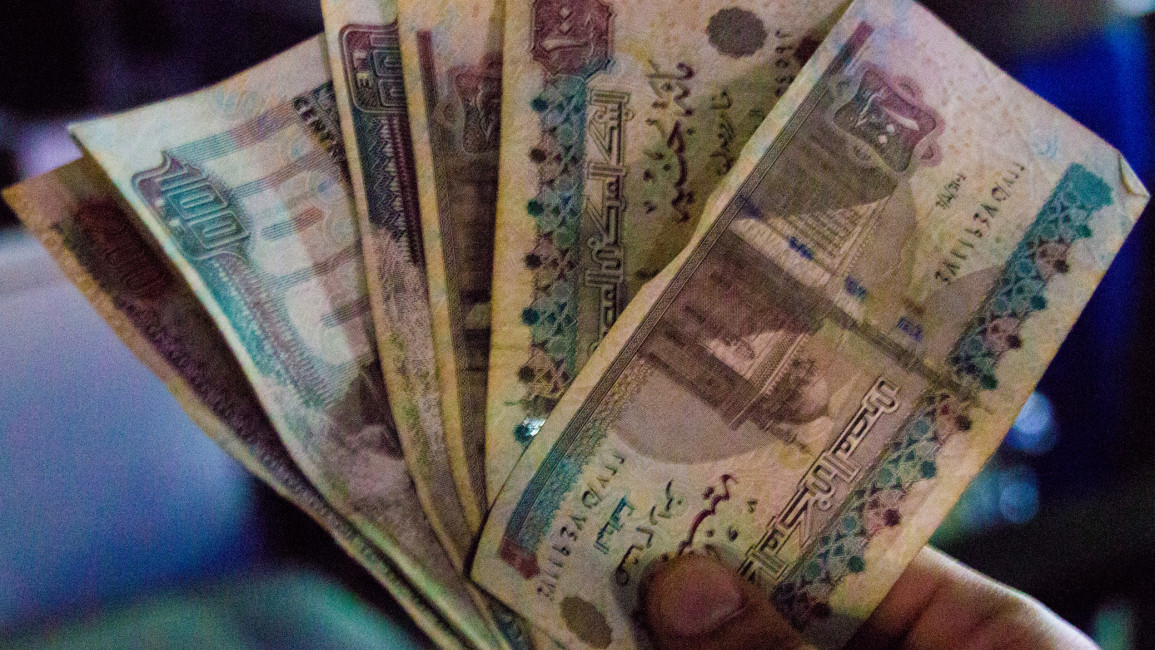Egypt's currency plunges almost 17% against dollar
The Egyptian pound plunged nearly 17 percent in value against the US dollar on Monday, following a rise in inflation and amid mounting economic hardships.
The local currency in the Arab world's most populous country already saw a sharp devaluation in 2016 when it lost nearly half its value against the dollar overnight.
The pound was floated at the time as part of a package of reforms in exchange for a $12-billion bailout from the International Monetary Fund.
The pound was trading at 18.20 to the dollar by closing time at banks on Monday, from 15.70 the previous day, according to the central bank.
The finance ministry announced it will maintain the customs exchange rate at 16 pounds to the dollar, as the local currency continued its freefall.
The ministry also announced a package of measures worth about $7 billion to shield society's most vulnerable against shocks in the market.
The latest depreciation comes as global food supply chains have been dealt a major blow by Russia's invasion of Ukraine.
As the world's largest importer of wheat, Egypt relies on both countries for 85 percent of its supplies of the staple, as well as 73 percent of its sunflower oil, for which Ukraine is world leader.
Investment bank JP Morgan recently estimated the Egyptian pound to be overvalued by about 15 percent.
Inflation in the North African country stood at 10 percent in February, according to the country's statistics agency, reaching an almost three-year high and driven by a 20-percent increase in food prices.
The World Bank has warned that a 30-percent rise in food prices could result in a 12-percent increase in poverty rates, already hovering at about a third of Egypt's 103 million-strong population.
Rising prices have prompted authorities to impose a tariff on unsubsidised bread for the first time.
The Central Bank of Egypt on Monday announced a rise in key interest rates of one percentage point at an emergency meeting, in a bid to tackle inflation.
The overnight deposit rate increased to 9.25 percent and the overnight lending rate to 10.25 percent, while the main operation rate was set at 9.75 percent.
Egypt is bogged down by a sizeable foreign debt bill that constitutes almost 90 percent of GDP.
Egypt has embarked on fiscal reforms and sought to overhaul the taxation regime, but it has struggled to control the informal sector, which constitutes a large portion of the economy.



